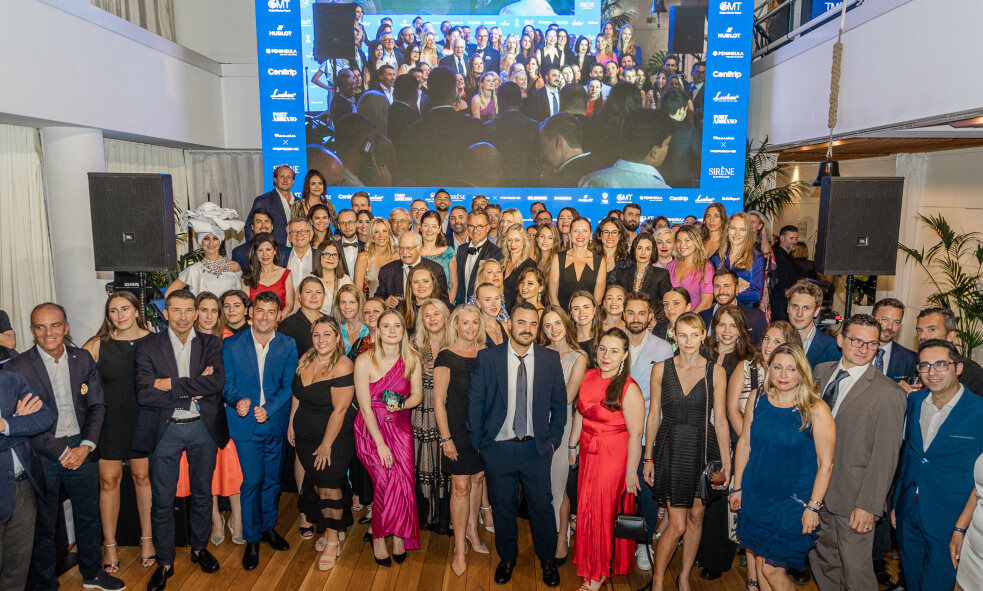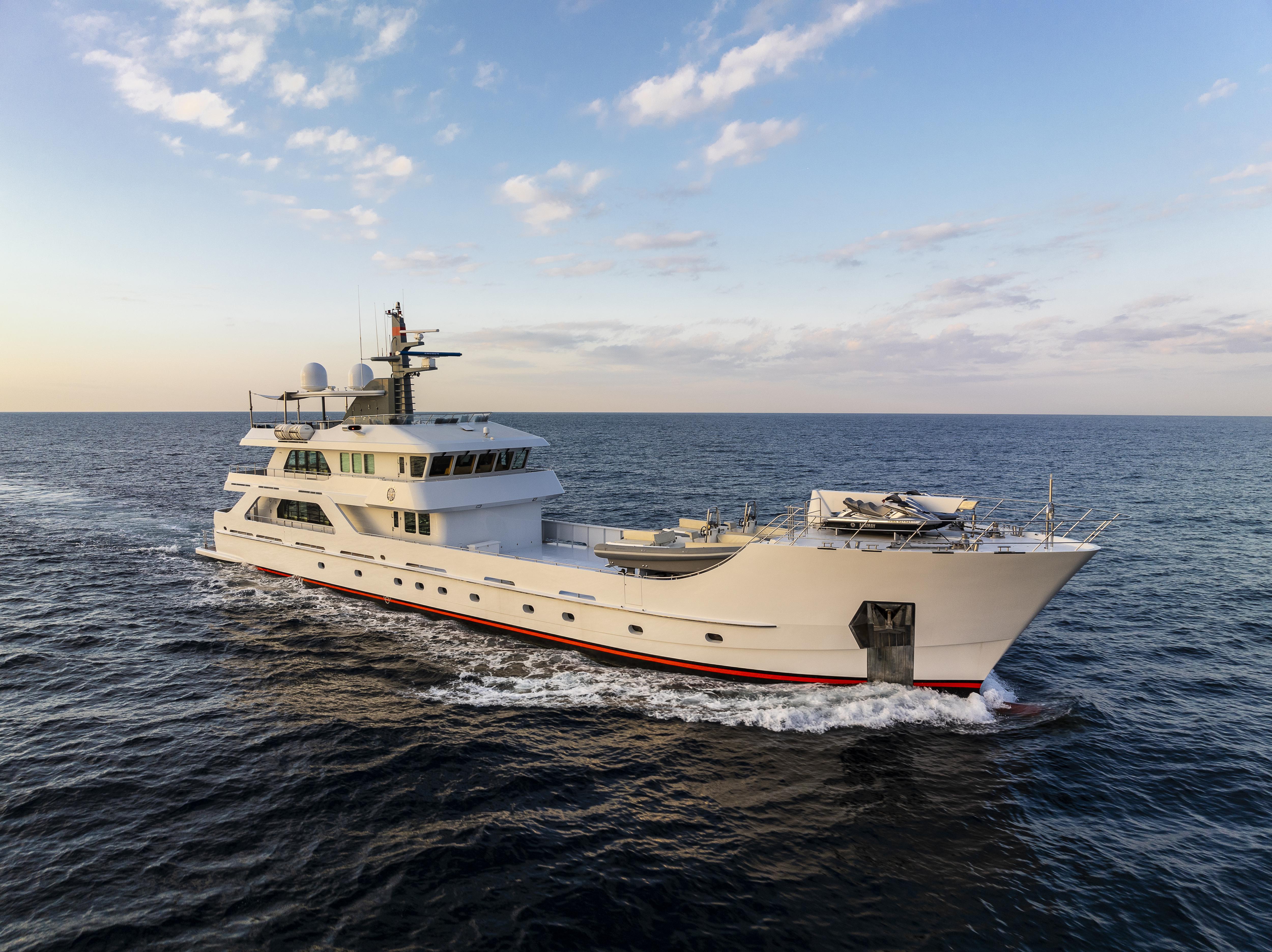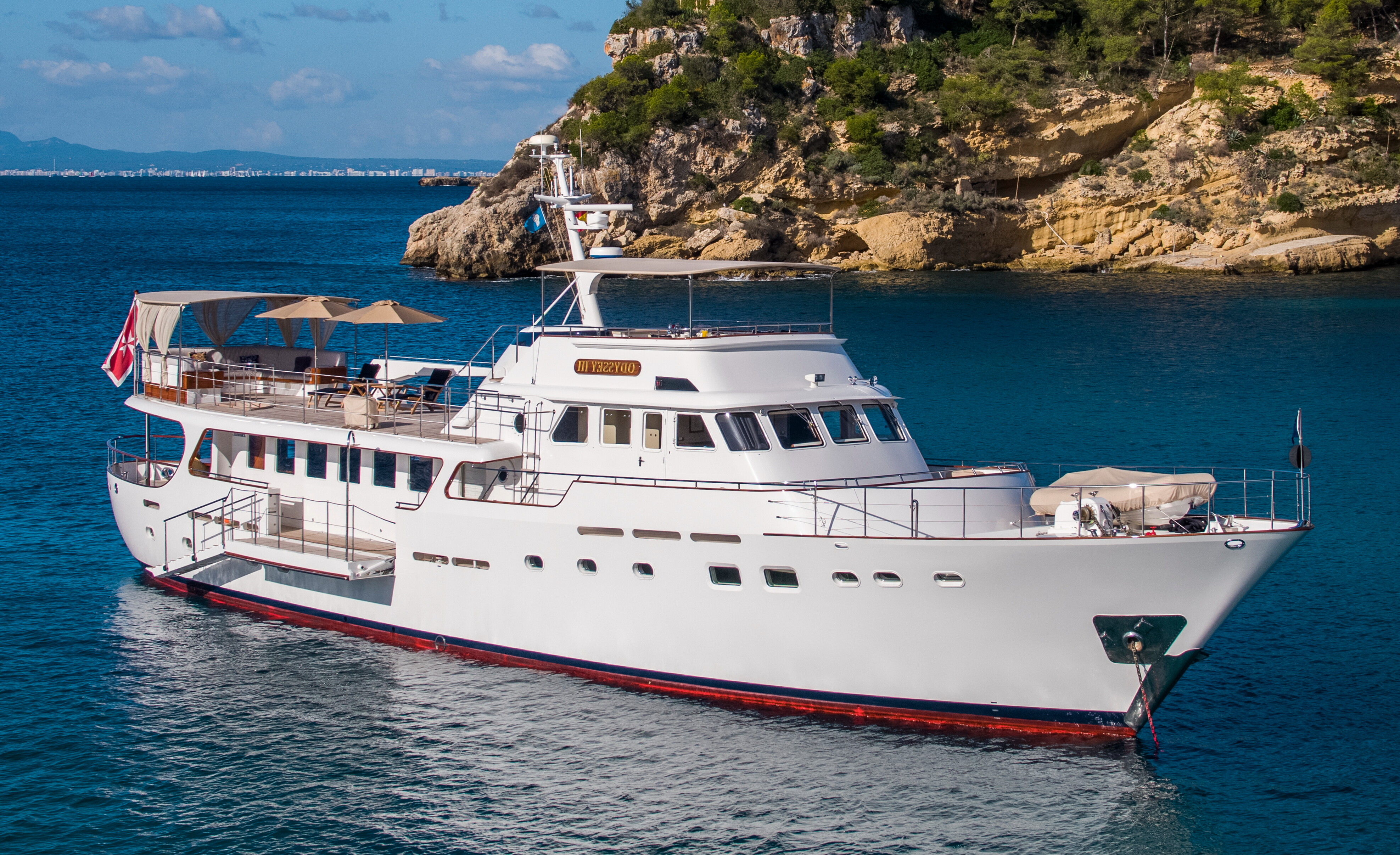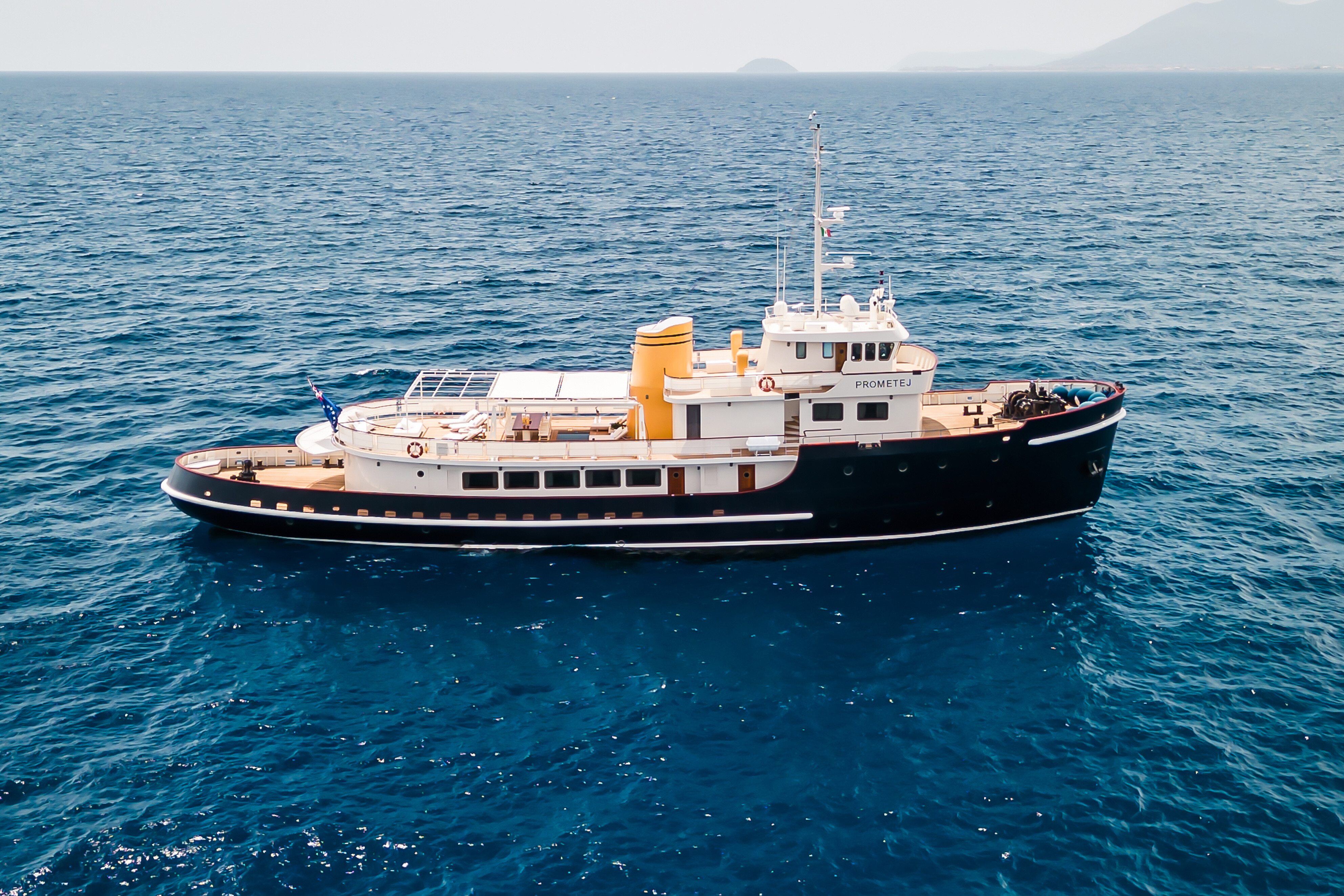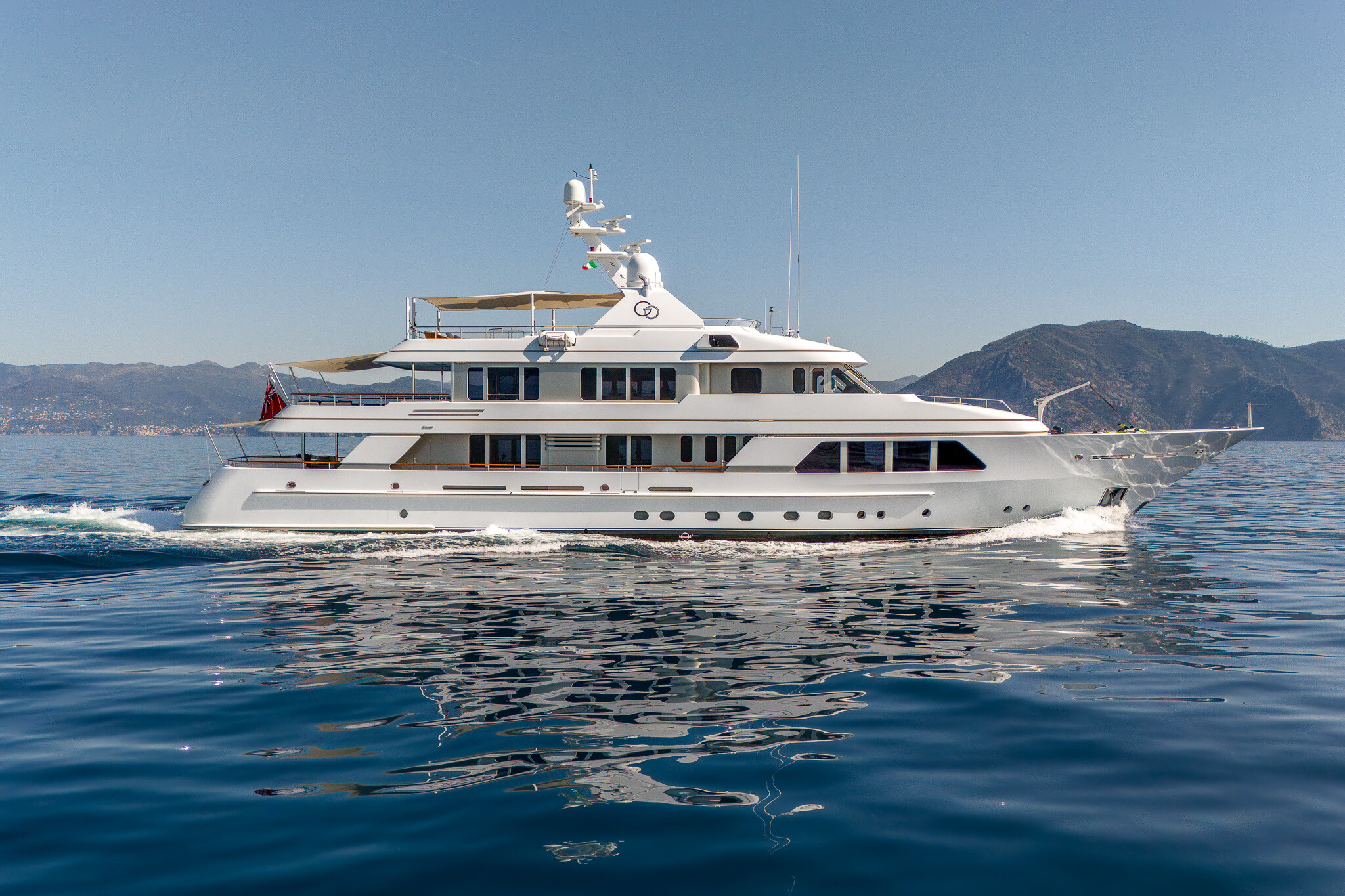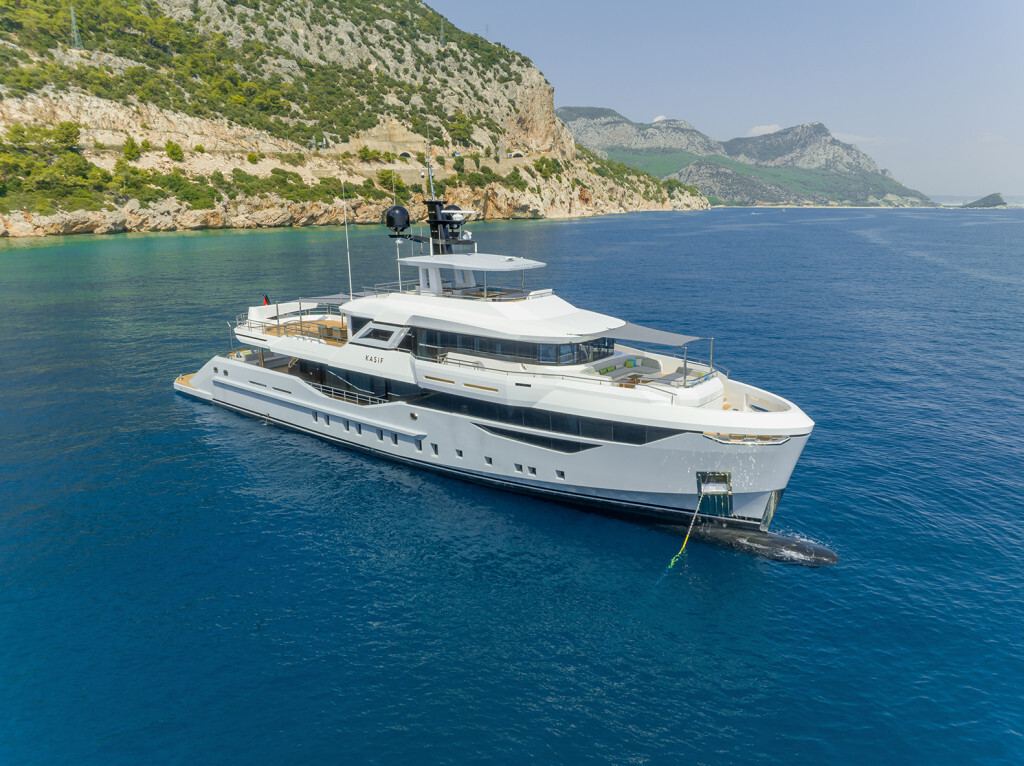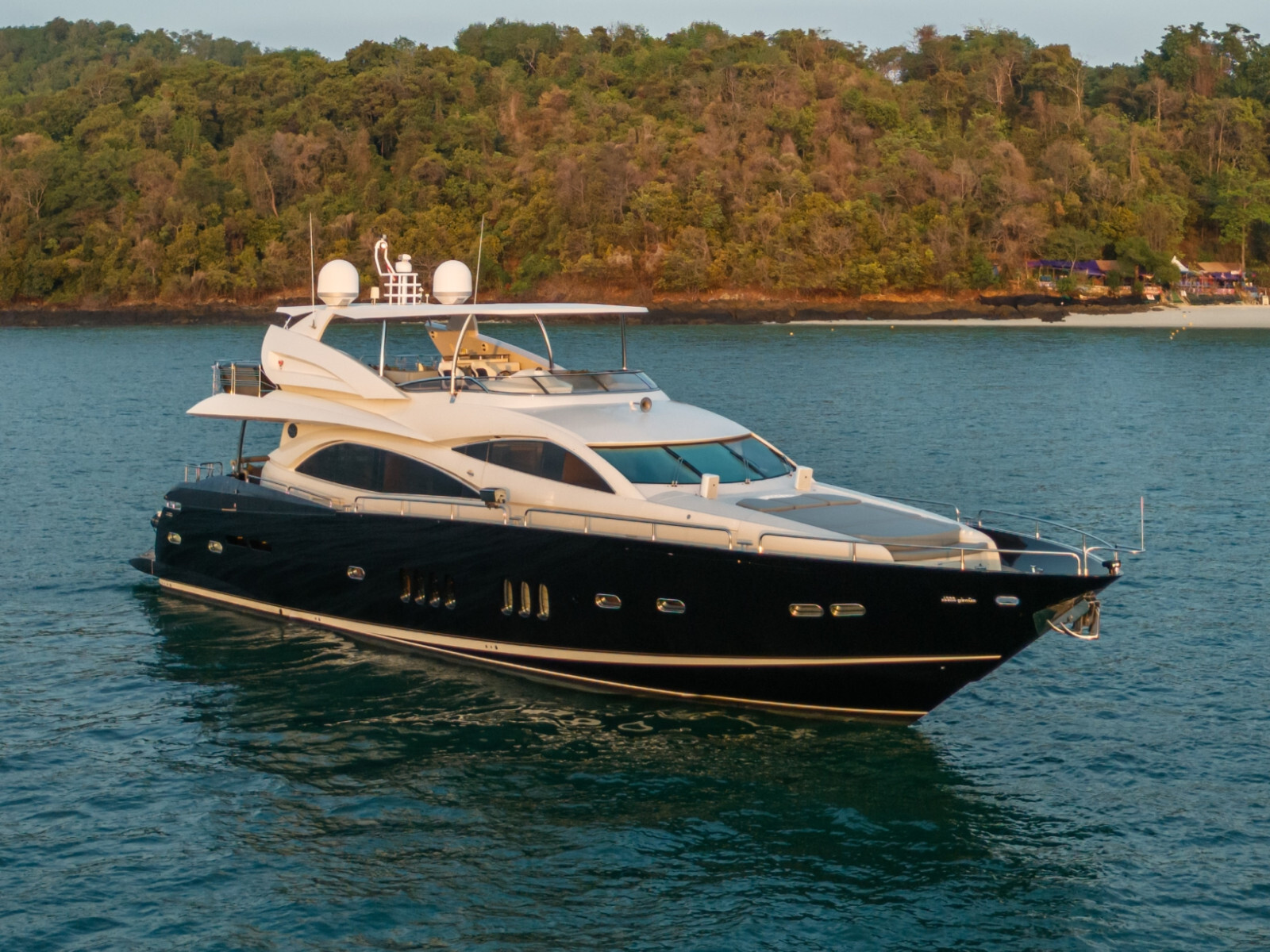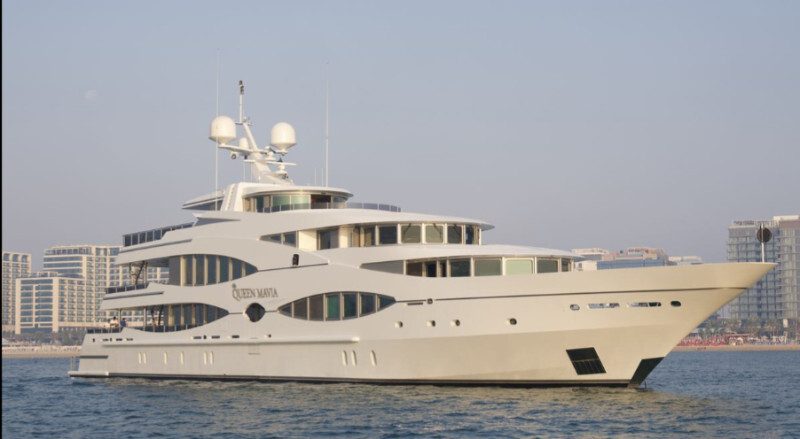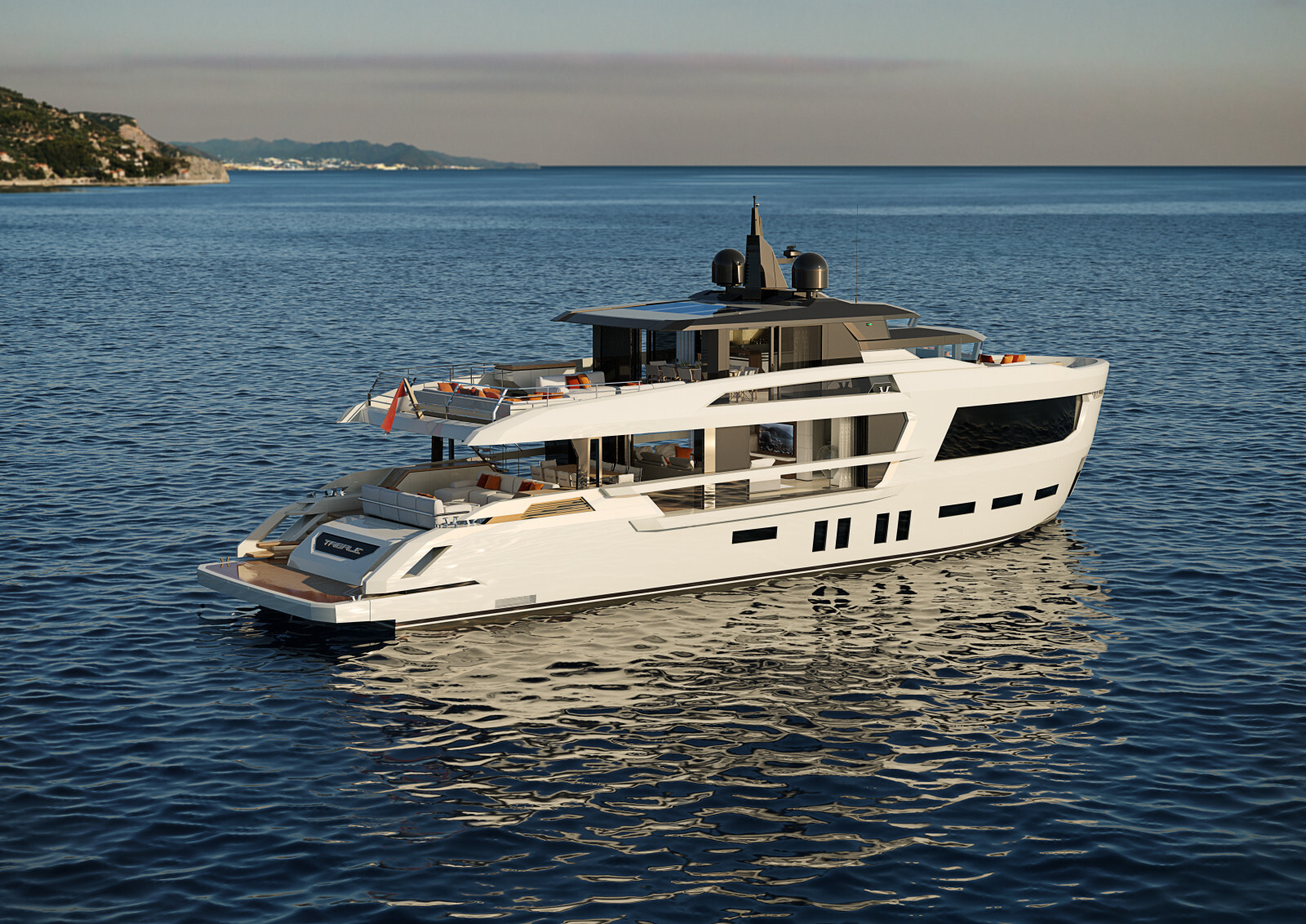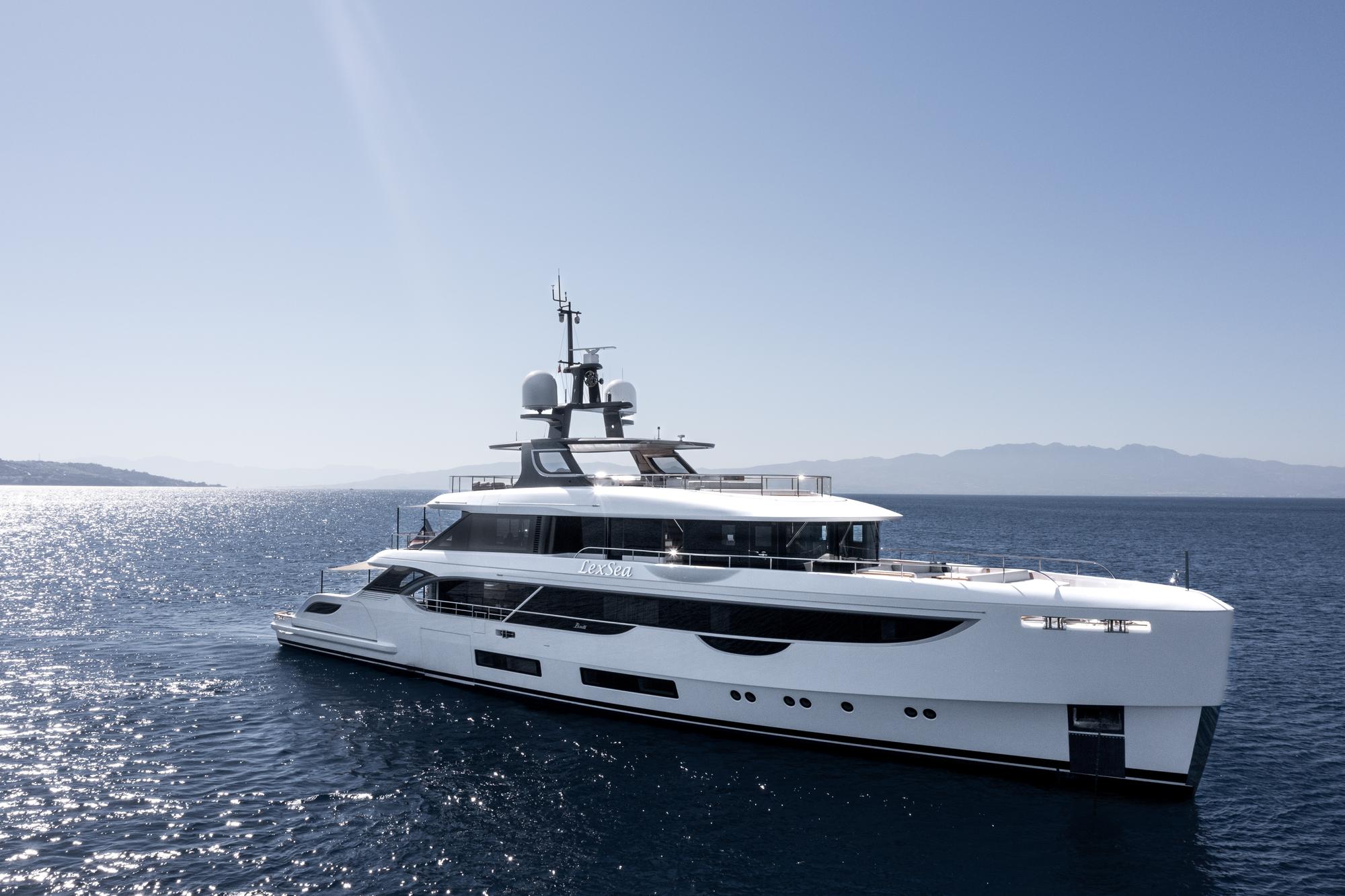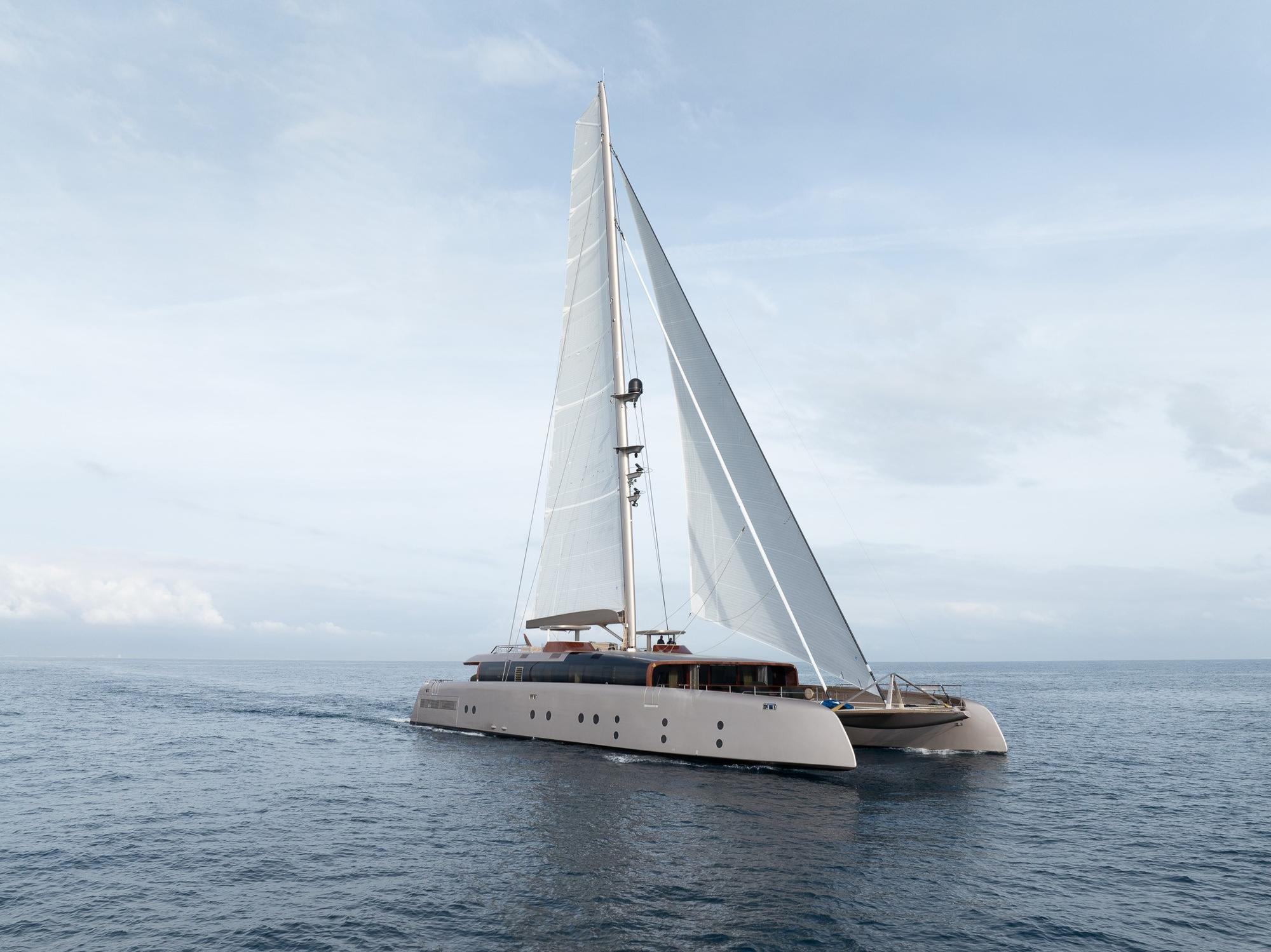
Molecular Gastronomy On Board a Superyacht

In recent years, the practice of molecular gastronomy has redefined cookery to become a staple of most superyacht menus, captivating diners with its imaginative form and limitless possibilities. From espresso pasta to pineapple glass, the inventive scope of molecular gastronomy knows no bounds and is ever-evolving. For many, the cuisine is a crucial component of any successful superyacht charter. Fraser Yachts spoke to Fabio Greganti, the head chef of 63M FORCE BLUE, to learn about the exciting culinary art form.
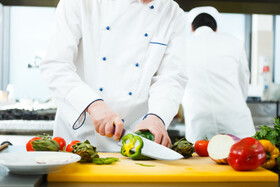
Put simply, what is molecular gastronomy? Molecular cuisine is the study of food in a scientific way, focusing on the best techniques past or modern in order to get the best result and preserve all of the food's contained nutrients.
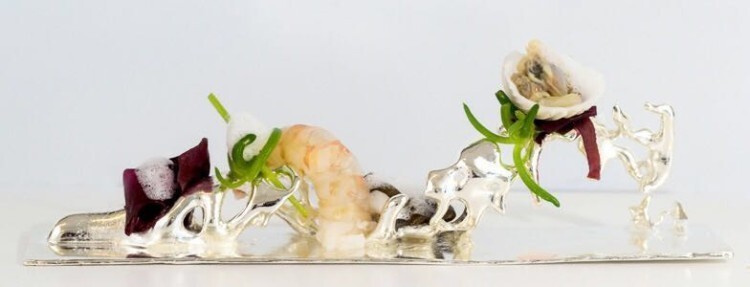
What is so interesting about molecular gastronomy and why is it the latest trend on superyachts?
The interesting thing about molecular cuisine is that we can greatly improve the quality of the dish, and can also use techniques that have an impact on the client, thus causing different sensations.
What is your speciality molecular gastronomy dish?
My specialities in molecular cuisine range from spherification [the process of forming liquids into spherical, roe-like structures] to foam and spirits, but I prefer to control the cooking of each food. For example, I adapt the cooking of every piece of meat, fish or vegetable, in order to preserve all nutrients.
Is it easy to adapt to cooking molecular gastronomy on board a superyacht?
For me, molecular cuisine can easily be adapted to the world of superyachts, especially processes such as vacuum cooking. However, we do have to cook each dish in relation to the time and equipment that we have available.
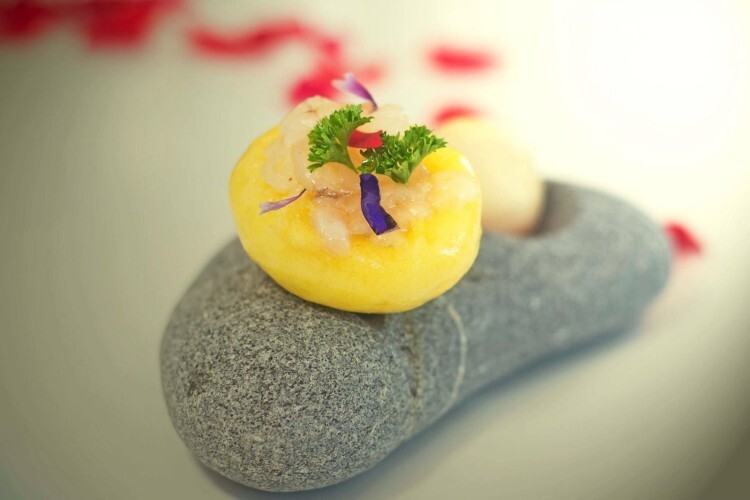
Heston Blumenthal said molecular gastronomy is dead'. Why is he wrong? For me, molecular gastronomy is not dead, because I think that in the kitchen nothing dies. We use both modern and past techniques in order to guarantee the best quality for the client.
How easy is it to get started?
Starting is not easy. One must study and practise a lot, making many mistakes along the way. Above all else, one must learn the techniques involved.
Is space a problem in the kitchens of private superyachts? Yes, as well as the rhythms of the superyacht kitchens and the lack of staff. Molecular cuisine needs time and attention; it must be followed step-by-step. This is often difficult on a superyacht.
Do you face any challenges when preparing molecular gastronomy dishes? I believe that there is no challenge in practising molecular cuisine. I only cook for the passion and love of it. If I'm in the kitchen preparing grilled sole, I will do it with the same passion and love that I'll put into making a caviar melon.
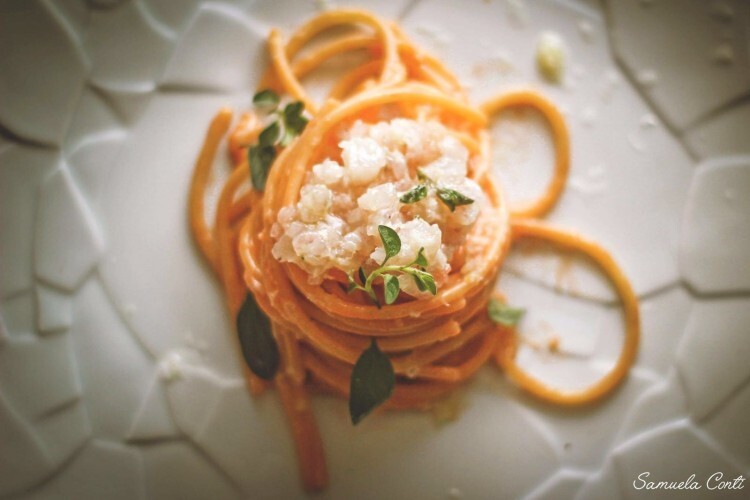
To plan your next gastronomic charter, please contact Fraser Yachts.
